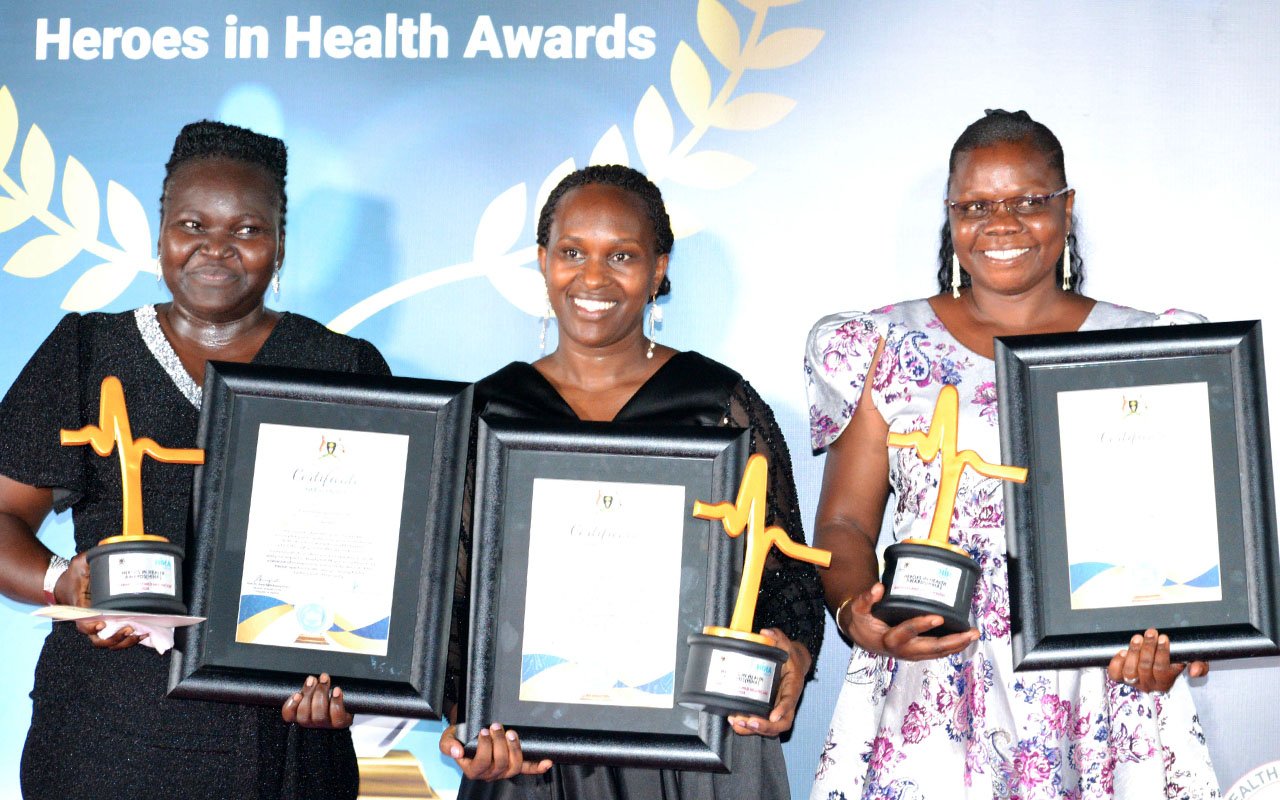Prime
70% have no access to Covid services - Report

A medical work conducts a Covid-19 test in Uganda. PHOTO/COURTESY/ALEX TAREMWA.
What you need to know:
- The issue of accountability for the Shs165b for Covid-19 response that the Finance Ministry released in April and other monies that were generated locally from development partners and well-wishers were a big concern.
The heads of Covid-19 District taskforces established to enhance containment of the Coronavirus have attributed the rising infections and deaths to lack of funds to sustain the fight.
An assessment report titled “The Performance of the Covid-19 District Taskforces in Uganda,” has revealed that 70 per cent of the people have no access to Covid-19 services and confirmed poor performance of the taskforces. Some leaders told researchers that the government stopped funding their activities in June.
The country is currently at Stage Four of the pandemic, which is characterised by widespread community infections. Up to 39,261 cases and 318 virus deaths have so far been registered, according to government statistics.
The report is based on last year’s study by Advocates Coalition for Development and Environment (ACODE) that assessed the taskforces in 31 districts across the country on how they executed their roles in Covid-19 fight.
Taskforces were involved in management, surveillance, health promotion, resource mobilisation and enforcement of control measures, as well as delivery of basic services such as distribution of facemasks.
According to the report, 56 per cent of the 1,415 respondents received some services but faced stringent hardship.
“Further, results from Kampala, Mukono and Wakiso reveal that 70 per cent of the people who needed services from the district taskforces were not able to receive them. It should be noted that given the high population in these districts and the relatively high demand for services, the supply side was overwhelmed,” the report reads.
The issue of accountability for the Shs165b for Covid-19 response that the Finance Ministry released in April and other monies that were generated locally from development partners and well-wishers were a big concern.
“Majority of the respondents were not satisfied with the level of accountability by the district taskforces. Specifically, results show that 47 per cent of the respondents were never satisfied with the level of accountability while 44 per cent rated it low,” the study report read.
Ministry of Health speaks
Mr Emmanuel Ainebyoona, the spokesperson for the Health ministry, said they recognised gaps in funding and the effects on the execution of some activities, but that the response is continuing with a major focus on areas considered as hotspots.
Mr Ainebyoona referred this reporter to the director-general of Health Services, Dr Henry Mwebesa, for further clarification, but he could not be reached by press time.
What RDCs say
Inadequate funds
The taskforces are headed by Resident District Commissioners (RDCs).
Mr Moses Dumba, the Kamuli District RDC, who was last week transferred to Kyotera District, said the funding for activities was meagre and that issues of embezzlement were registered.
“We received funding from the government (Shs165 million) which was being given to districts through the chief administrative officer (CAO). We also received funding from other partners like Infectious Disease Institute of Makerere University (Shs80 million) and Plan International,” Mr Dumba said yesterday on a phone.
He added: “There were some irregularities in how the money was used in the district. After I had battled to find out how the Shs80 million of the response was irregularly spent, it became hard for them.” We could not independently verify this issue.
The RDC said they also faced a problem of poor roads that affected the ability of their teams to follow up Covid-19 victims and evacuate cases because the vehicles could not handle.
Mr Eliasto Katuheebwa, the Ibanda District RDC, who was also transferred to Masaka, last week said: “In the first phase, it was controlled because there was funding. The members of the task force could move, pick samples and evacuate cases, but now the money is not there.”
Mr Katuheebwa said they received funding for the activities in April, May and June.
“We used to have meetings twice every week to give updates and reports, but now we have irregular meetings with only four or five members of the DTF as opposed to full members that are more than 20,” he said.




